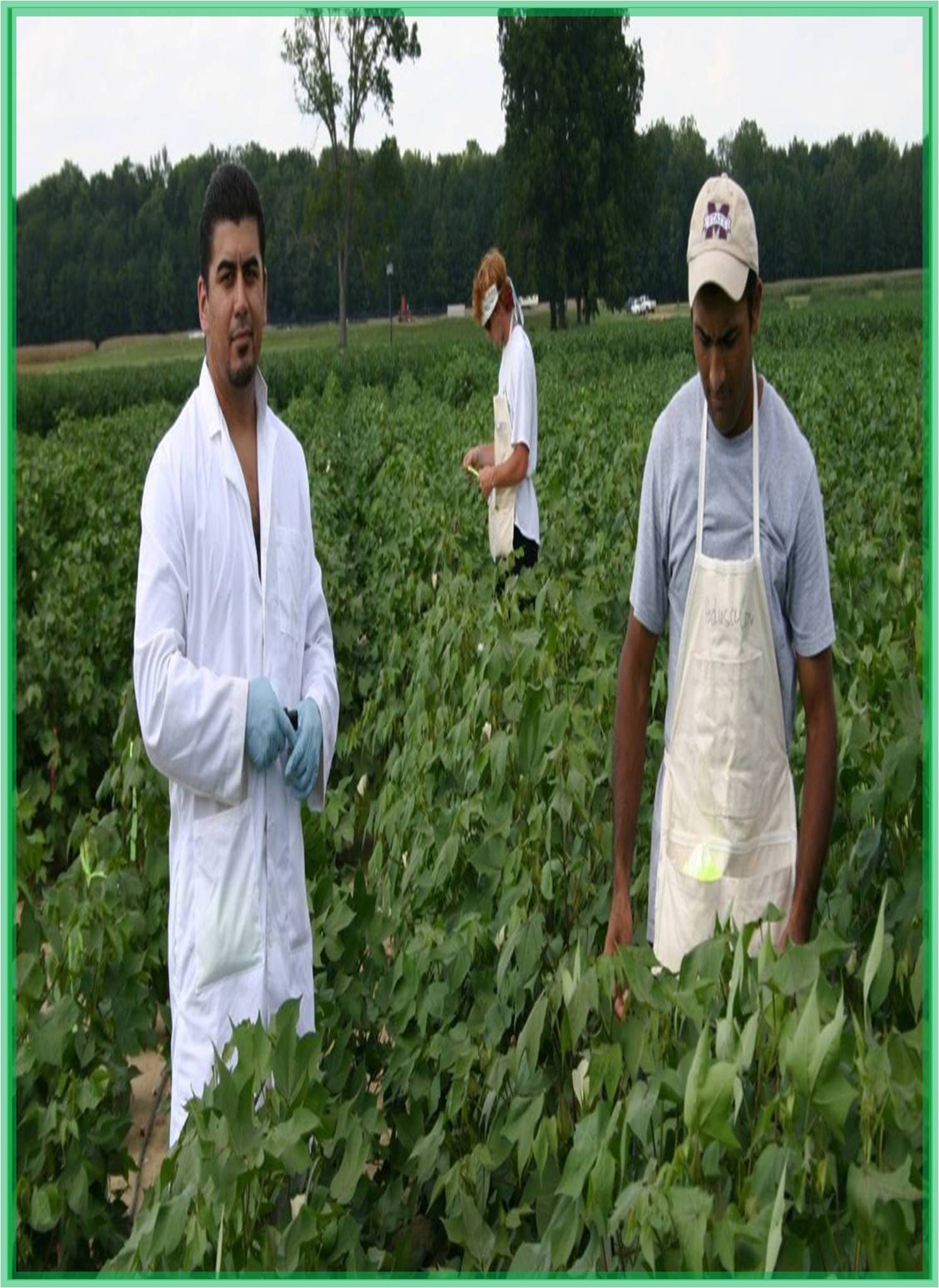



Received: 30-Nov-2022, Manuscript No. GJARR-22-84157; Editor assigned: 02-Dec-2022, Pre QC No. GJARR-22-84157 (PQ); Reviewed: 16-Dec-2022, QC No. GJARR-22-84157; Revised: 23-Dec-2022, Manuscript No. GJARR-22-84157 (R); Published: 30-Dec-2022, DOI: 10.15651/2437-1858.22.10.014
Integrated farming systems (IFS) is an environmentally beneficial method that makes better use of agricultural resources by turning waste from one sector into input for another. The idea of IFS is based on an aquaculture system that is integrated with animals and in which fish are fed with fresh animal waste. IFS also stated that there are synergies and complementarities between firms that contain a crop and animal element. The idea of IFS is based on an aquaculture system that is integrated with animals and in which fish are fed with fresh animal waste. IFS also stated that there are synergies and complementarities between firms that contain a crop and animal element. A farming arrangement is a combination of farm enterprises in which the farm's owners allocate resources for the effective use of the real enterprises to raise the farm's productivity and profitability. Crop, agroforestry, livestock, aquaculture, agri-horticulture, and sericulture are some of these farm businesses. As a part of agricultural systems, IFS considers the ideas of raising productivity, lowering risk and profit, and maximizing the use of organic wastes and crop leftovers on the field. IFS is a part of Farm Relief Services (FRS), which provides a change in farming practices for boosting crop yield and ensuring optimal resource usage. Integration is done such that a high degree of complementarity exists between the output of one enterprise or component and the input of the other enterprises. IFS aims to reduce waste produced by the many agricultural subsystems, which enhances rural residents' employment prospects, nutritional security, and income.
Goals of integrated farming system are maximization of yield across all component businesses to provide consistent and reliable income, rejuvenation of system production and attainment of agro-ecological balance. By managing natural cropping systems, it is possible to prevent the growth of insect pests, diseases, and weed populations and to keep them at a low intensity. Lowering the usage of chemicals (fertilizers and pesticides) to give society healthy food and environment free of chemicals. According to IFS, it is more advantageous for farmers to be able to produce more by making the best use of their resources, recycling their waste, and hiring family labour.
By incorporating livestock into crop-based farming, the system may be made more profitable while making greater use of intermediate agricultural resources like manure, draught power, and crop wastes. In general, integrating different businesses on different-sized land holdings tends to be more successful and creates more jobs than just arable farming. When compared to the conventional rice cropping system, the integration of poultry, mushrooms, and fish with rice cultivation over a five-year period increases net farm income and on-farm labour. Additionally, the comparative analysis suggested that diversification and integration of resource management can be productive, profitable, and manageable, given access to labour and secure tenure.
Farmers face a significant degree of variation in yields and revenue, as well as risk, because they depend on a small number of crops and the high probability of crop damage due to a range of factors such as disease drought, etc. Manure continues to be the connection between agricultural and animal production throughout the developing globe as an input for crop farming methods. The main problem is to find better ways to maximize the positive effects that manure may have on the environment and society. Crop leftovers may be fed to animals, but the best way to increase agricultural production is to employ livestock manure, which increases the minerals that improve soil fertility while lowering the need for artificial fertilizers. Farm output is more sustainably produced as a result of the integration of several businesses, each with a particular economic significance. Recycling garbage that is produced inside the system aids in reducing reliance on external high-energy inputs, protecting natural and limited resources. The agricultural technique gives the farmer a steady stream of income throughout the year through the sale of eggs, edible mushrooms, milk, honey, silkworm cocoons, etc.
This will assist a farmer with little resources in escaping the grasp of organizations. The need for chemical fertilizer is reduced by recycling organic wastes. Additionally, the generation of biogas can supply all of the energy needed for a home. IFS is therefore very effective in resolving energy issues.